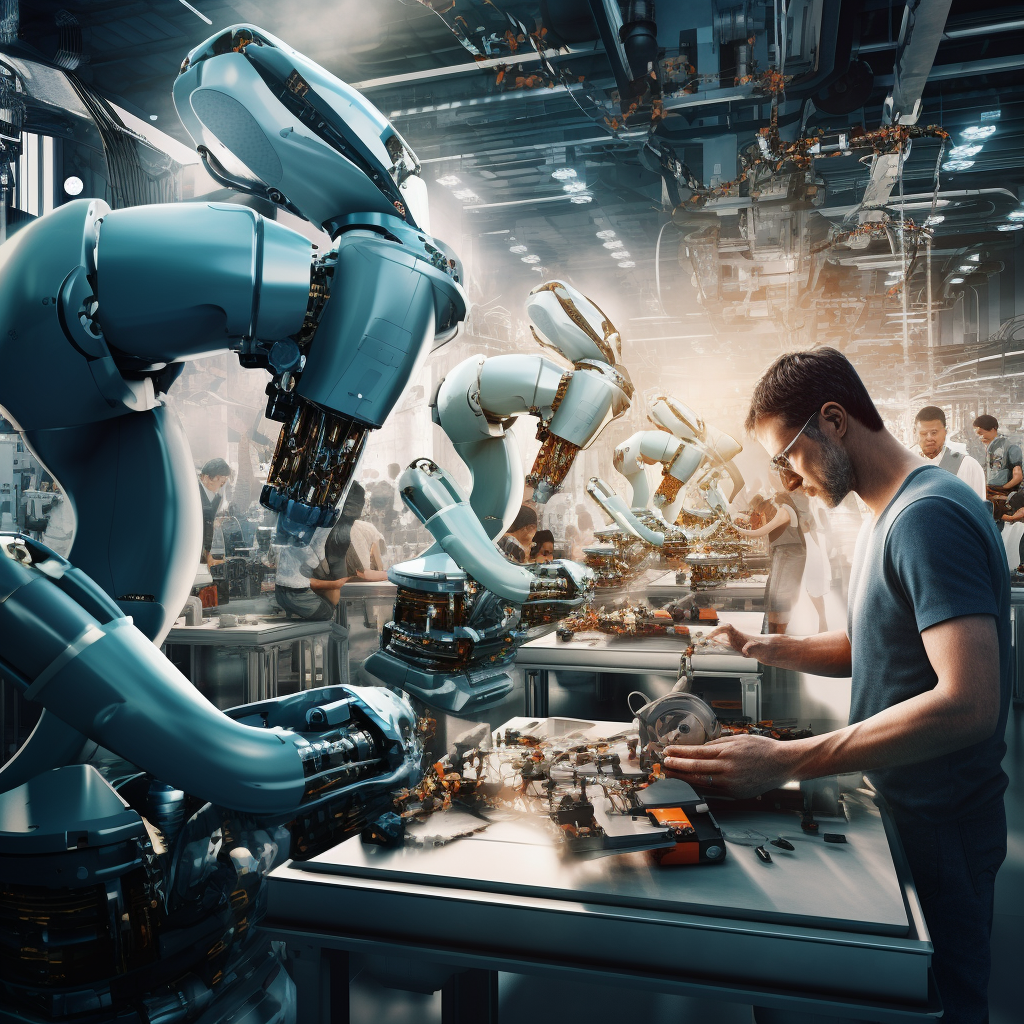Robotics: Shaping the Industries of Tomorrow

In an era marked by rapid technological advancement, robotics stands at the forefront of industrial innovation. This transformative technology, once confined to the realms of science fiction, is now a tangible force driving change in various sectors worldwide. For industry professionals looking to stay ahead of the curve, understanding the role of robotics is not just an option but a necessity.
Robotics applications vary significantly across different cultures and industries, reflecting the diverse needs and technological landscapes of each region. In Asia, for example, robotics has been extensively integrated into manufacturing, contributing to the region's reputation as a global production powerhouse. In Europe and North America, there's a growing focus on service and healthcare robots, addressing the demands of aging populations and advanced healthcare systems.
One of the most significant impacts of robotics is in the healthcare sector. Here, robots are not only assisting surgeons in performing intricate procedures with higher precision and control but are also revolutionizing patient care and rehabilitation. Real-life cases, such as robotic prosthetics and autonomous patient monitoring systems, demonstrate the potential of robotics to enhance the quality of life and redefine healthcare delivery.
The evolution of robotics is a tale of human ingenuity and relentless pursuit of advancement. Historical milestones in robotics engineering, from the creation of the first programmable robot in the 1950s to the latest AI-driven autonomous robots, paint a picture of a field that has continually pushed the boundaries of what's possible.
Robotics is not confined to manufacturing and healthcare. It's making waves in sectors like agriculture, where drones and automated machinery are optimizing crop production. In the logistics and supply chain industry, robotics is enhancing efficiency and accuracy, from warehousing operations to last-mile delivery.
With the rise of robotics, the ethical considerations surrounding automation and employment become increasingly pertinent. The fear of job displacement is real, but so is the potential for robotics to create new job opportunities and roles that require advanced skill sets. The challenge lies in finding a balance, ensuring that the transition towards automation is inclusive and beneficial for all.
The integration of robotics in industries also brings to light philosophical questions about human-machine interaction. What does it mean for human identity and labor when machines can perform tasks once deemed uniquely human? This discussion goes beyond the technical aspects of robotics, delving into the implications for our understanding of work, creativity, and human purpose.